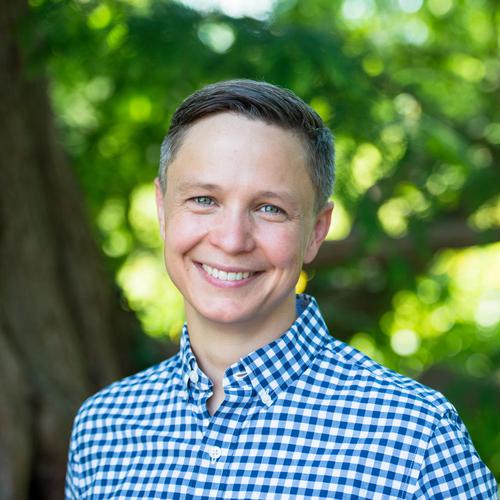
Laura Grattan
Associate Professor of Political Science
Researches and teaches political theory, with a focus on grassroots organizing and the politics of race, ethnicity, and culture.
My research is at the intersection of democratic theory and practice, focusing on grassroots politics, social movements, and critical studies of race and culture. My book, Populism’s Power: Radical Grassroots Democracy in America, analyzes populist rhetoric and organizing in popular culture and in historical and contemporary social movements (including the nineteenth-century People’s Party, the Tea Party, Occupy Wall Street, and DREAM Act and UndocuQueer organizing). Although scholars and pundits dismiss populism as episodic and reactionary, I argue that the resurgence of grassroots populism in the twenty-first century can play a key role in democratizing politics by cultivating popular power across lines of class, race, nationality, gender, and sexuality. My current research focuses on struggles to transform democracy from the extreme margins of society, by examining movements that are resisting the carceral state—or, what activists variably call the police state, prison nation, or deportation nation. I am investigating radical imagining in movements such as the Movement for Black Lives, prison abolition, and #Not1More Deportation, which are generating alternatives to the colorblind ideology and practices that have produced and sustained the carceral state in the U.S.
I teach courses in political theory, including introductory courses such as Neoliberalism and Its Critics and Political Action and Dissent and advanced courses such as Race and Political Theory, Grassroots Organizing, and Topics in American Political Thought (currently focusing on the carceral state in the US). I believe that political theory is not only a practice of trying to see the world differently than we typically do; it can also be a revolutionary activity. Because of this, I encourage students to practice political theory as an activity that is tied to concrete contexts, everyday lives, and possibilities for social change.
My research and teaching are animated by years of community organizing with the Industrial Areas Foundation in Durham, N.C., and by my longtime association the Charles F. Kettering Foundation. Through my work with the latter, I am co-editor, with John Dedrick and Harris Dientsfrey, of Deliberation and the Work of Higher Education: Innovations for the Classroom, Campus, and Community, which explores issues and practices of civic engagement among college students. At Wellesley, I am co-director of the Project on Public Leadership and Action, an initiative led by faculty who are committed to action-oriented and public facing research.
Education
- B.A., College of William and Mary
- M.A., Duke University
- Ph.D., Duke University